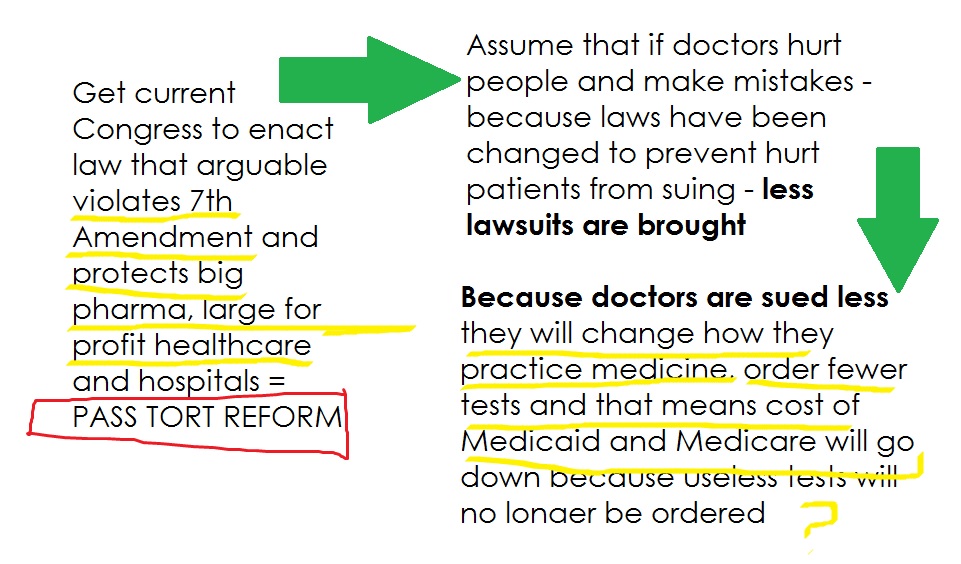I was raised in church and taught actions speaker louder than words.
As an adult, I have always believed that my intentions were nowhere near as important as my actions. I meant to call you when you mother was diagnosed with cancer, but did I pick up the phone? I meant to volunteer to serve a meal at church for a homeless family – but did I? I meant to give money to organizations that feed, clothe and protect vulnerable populations, but did I go on a book buying spree for myself instead?
Words and intentions are often meaningless. But sometimes, they are not. Sometimes they are predictions of future actions or intentions. For example, a White House budget. If a budget claims to save billions on national healthcare spending by initiating federal tort reform, one must ask the logical questions such as:
What does tort reform have to do with healthcare costs?
How does a budget reflect savings of money, when there is no law to initiate the action?
Are we missing something about these statements that we need to pay attention to?
The current budget claims to do just this – encourage the initiation of federal tort reform, and in turn, save the country billions. Here is my best guess at what is being proposed.

Let’s start with the 7th Amendment and why it matters. Read the Washington Times article on this proposal.
Then, let’s suppose that Congress is willing to take away the Constitutional Rights of the people, and take away State’s Rights – the next big leap is that doctors will change how they practice because they are no longer worried about being sued. And so, without that fear of being held accountable, they will order less tests.
Interesting argument.
Are we also going to change how doctors are compensated? Because currently they are paid a salary plus a bonus based on what their tests and surgeries bring in – called RVUs. Isn’t that a motivation to order more tests and do more surgeries? Bonuses?
Are we going to limit what big pharma can charge for their medication?
Are we going to provide incentives to good doctors that don’t hurt patients or continue to pay more to those who charge more?
The part of that argument that bothers me so much, is the assumption that all doctors everywhere have been ordering tests their patients never needed. And that by ordering more tests, you would avoid a lawsuit.
Does that make sense to you?
In my experience, the only way ordering a test avoids a lawsuit is if the test is an appropriate test, that reflects an illness or ailment that the doctor can now treat. That a test avoids litigation, when it is an appropriate test. Bad and needless tests don’t avoid lawsuits. That’s a ridiculous argument.
Confused? Me too.
So again – back to the budget.
Do we really think billions will be saved to Medicare and Medicaid? What about those of us with private insurance. Will the doctor ask who pays for your care before deciding whether to order a test? Will he order it and bill Blue Cross (bonus bonus bonus!!!) but in a thoughtful act of national debt consideration, decline to do so for a Medicaid patient?
And the White House wants you to take this leap of logic with them. The leap? RIGHTS CAN BE VIOLATED (even Constitutional ones) BECAUSE SOME DAY, IT MIGHT SAVE US ALL A BUCK. OR A FEW BILLION BUCKS.
I’m not buying it.
Here is what I really think is happening. And frankly, this time, I do think actions speak louder than words.
is happening. And frankly, this time, I do think actions speak louder than words.
